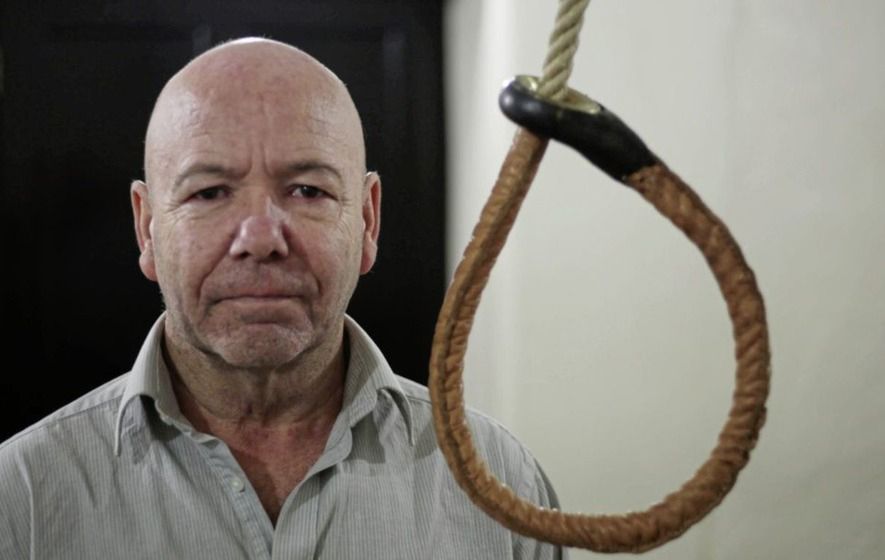A WEST Belfast man sentenced to death for the murder of a British soldier in 1972, has commenced a High Court action over claims that torture was used to extract a confession.
Liam Holden spent four weeks in the Condemned Man’s cell at Crumlin Road jail until the death penalty was commuted to a life sentence. He served 17 years in jail and was subject to life licence conditions for 23 years.
Aged 18, Mr Holden was convicted of the murder of a member of the Parachute Regiment in the Springhill area.
Private Frank Bell, an 18-year-old member of the 2nd Battalion of the Parachute Regiment was shot on the 17th September 1972 on Springhill Avenue by single sniper shot. He sustained a gunshot wound to the head and died three days later in the Royal Victoria Hospital.
Liam Holden was arrested four weeks later at his home in the Whiterock area.
The West Belfast man alleges that he was subjected to waterboarding, endured hooding, physical assault and gunpoint death threats by members of the Parachute Regiment while in unlawful custody at Blackmountain Barracks in Belfast on the 16th October 1972.
Interrogation
During Mr Holden’s trial neither the Court, the defence team nor the jury were advised by the prosecution of the existence of the Blue Card Rules – introduced in March 1972 – which banned the use of the five indepth interrogation techniques used on the 14 individuals known as the Hooded Men.
17 YEARS IN JAIL: Liam Holden as an 18-year-old
The High Court has now fixed a civil action, involving allegations of torture and misconduct in public office, for a trial starting on the 1st June 2021.
Lawyers for Mr Holden, Harte Coyle, Collins Solicitors & Advocates, Belfast said: “Our client welcomes the opportunity to ask an experienced and objective High Court judge to contemplate and adjudicate on the use of the torture technique of waterboarding, as alleged by my client, and the misconduct in public office by the indepth interrogation army team responsible for it. This will be the first time in Northern Ireland in almost 50 years that a civil court has the opportunity to consider, conclude and make a finding that the British army used torture on a civilian in their sole custody in 1972.
“The civil claims in the 14 Hooded Men cases were settled by the state depriving the courts in Northern Ireland of the opportunity of making judicial findings on the indepth interrogation techniques. Such a finding in a civil court will be made on the balance of probability, in other words, that it is more likely than not that the torture occurred. We have commenced preparation for the civil trial and our client looks forward to stating his case in court to achieve a judicial finding on the allegations of state torture.”








